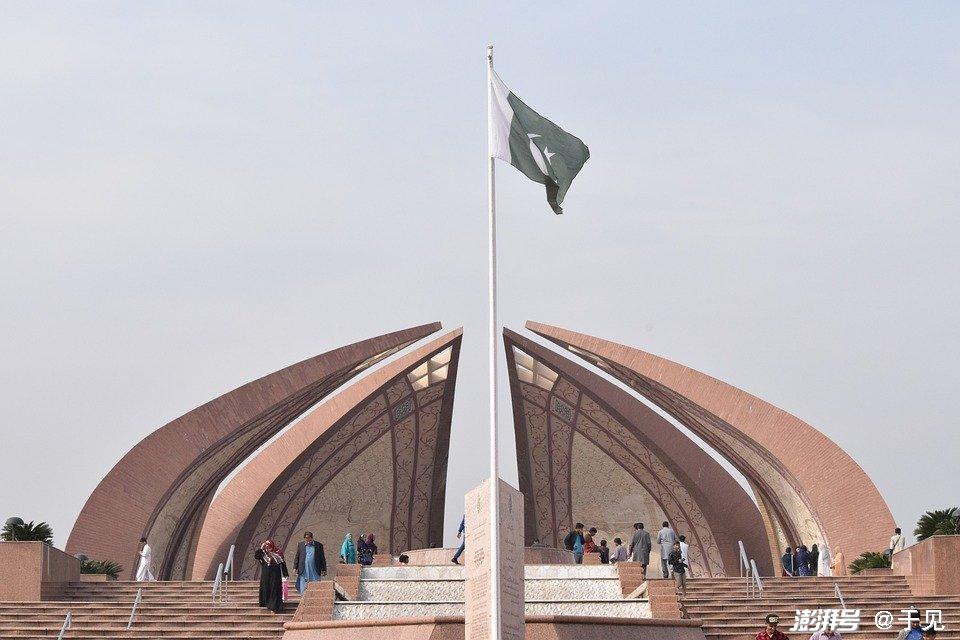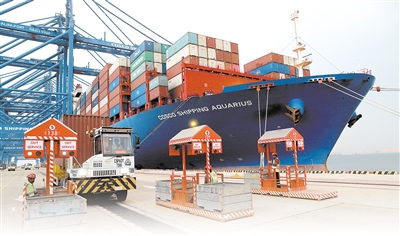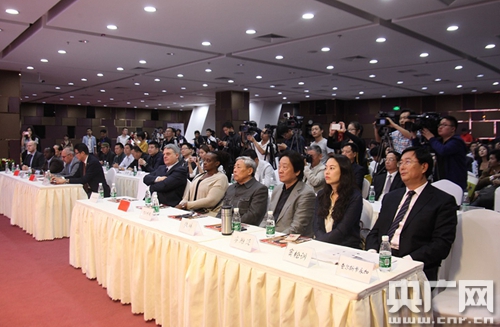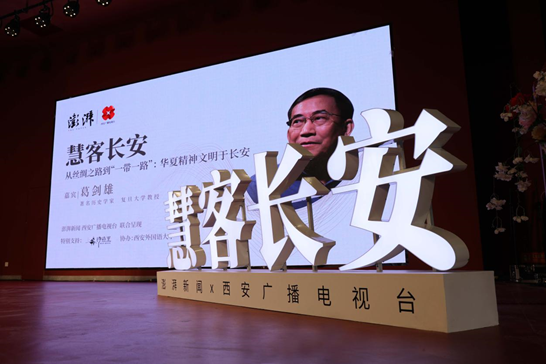In The Past Two Days, An Old Foreign Communist Party Member Has Arrived In China
In The Past Two Days, An Old Foreign Communist Party Member Has Arrived In China
(1) An old foreign Communist Party has come to China in the past two days. This old Communist Party member, named Prachanda, is the political party he leads, named the Nepal Communist Party (Maoism Center). What is Maoism? I don't need to explain anything more.

(1) An old foreign Communist Party has come to China in the past two days. This old Communist Party member, named Prachanda, is the political party he leads, named the Nepal Communist Party (Maoism Center). What is Maoism? I don't need to explain anything more. This time when visiting China, Prime Minister Prachanda went to Hangzhou first and attended the opening ceremony of the Asian Games. When watching CCTV's video, when meeting with him, the Chinese leader praised: Mr. Prime Minister is committed to promoting the development of China-Nepal friendly relations and firmly support the two countries in carrying out cooperation in jointly building the "Belt and Road". I highly appreciate this. This is your first visit to China since you became Prime Minister of Nepal. I believe you will achieve fruitful results and inject new impetus into the friendly and cooperative relations between the two countries... As an old Communist Party member, Prachanda has a deep connection with China. After he became Prime Minister of Nepal for the first time, China was the first country to visit. In 2008, he made a special trip to Beijing to attend the Olympic closing ceremony. This also breaks the previous practice of Nepal leaders having to go to India for the first time after taking office. After resigning as prime minister, he will often come to China for a walk. After entering the new era, the first leader of the South Asian political party to which the top Chinese leader met was Prachanda, although he no longer served as prime minister at that time. This is a rather rare diplomatic move. I remember that foreign media commented that this special meeting was at the end of his life. On the one hand, it improved Prachanda's prestige and influence in China, and on the other hand, it was said that it also dispelled his urge to go up the mountain to fight guerrilla again. Prachanda must still remember the original scene.

(II) Prachanda is actually a pseudonym. His original name is Pasupha Kamer Dahar. Why change the name to Prachanda? This word has many translations, such as "fire of anger", "fearing man", "brave", etc. But Prachanda himself believes that this is not "anger", but it contains his persistent feelings for his beliefs, thoughts and his motherland. The anger at class exploitation prompted Prachanda to embark on a revolutionary path. He led his supporters into the mountains and launched a guerrilla struggle, and then successfully surrounded the city from the countryside. In the end, he chose to let go of his force and achieve reconciliation. This is his third time as Prime Minister of Nepal. As guests from friendly neighbors, China has given Prachanda full courtesy in Hangzhou and Beijing. In Hangzhou, the Chinese leader told him: China and Nepal are connected by mountains and rivers and are friendly for generations. In the 68 years since the establishment of diplomatic relations, the two countries have adhered to the Five Principles of Peaceful Coexistence and set an example of equal treatment and win-win cooperation between countries of all sizes. Please note: Model. He also told Prachanda: China-Nepal cooperation on jointly building the "Belt and Road" has continuously achieved positive results, and the three-dimensional interconnection network across Himalaya has begun to take shape. The two sides should focus on promoting infrastructure connectivity, expanding transit transportation cooperation, and help Nepal transform from a "land-locked country" to a "land-unit united country" as soon as possible. "Land-locked country" is Nepal's biggest pain point as a landlocked country. But China will help Nepal become a "land-owned United Nations". This reminds people of the grudges and grudges between Nepal and India in the past few years. I remember one year, because the dispute escalated, India took a ruthless move and banned the supply of fuel to Nepal, causing Nepal to fall into chaos, cars stumbled, power plants were in crisis, and power plants were in emergency, and all cities and villages were out of power every few days. The Nepal Oli government had no other choice at that time and urgently sought help from China. China is naturally very close to friends. It immediately provided 1,000 tons of oil assistance to Nepal and sent a convoy to cross the Himalayas to help Nepal overcome the difficulties. One is very arrogant and the other is very righteous. The two are compared with one, and Nepali people see it.
(3) When meeting with Chinese leaders in Hangzhou, Prachanda made a statement, which was very heartfelt: Nepal thanks China for its selfless help in Nepal's economic development, poverty alleviation and fight against the epidemic. Nepal firmly pursues the one-China policy, and Taiwan and Tibet are inseparable parts of China's territory. Nepal will not allow any force to use Nepal's territory to engage in acts that undermine China's sovereignty and security. This position is unswerving and unshakable. This visit will obviously also promote new promotion to China-Nepal relations. There are some interesting things to see when reading the joint statement issued by the two countries. For example, cross-border railways, the statement said that they are being promoted in an orderly manner, and China will help Nepal train talents in the railway field. It shouldn't be long before a railway will extend from Tibet, China to Nepal. Once the train rings, it will be ten thousand taels of gold. In terms of electricity, in addition to wind and solar energy cooperation, China has agreed to send electricity from our Tibet region to remote areas in northern Nepal. Electricity is the key to limiting Nepal's development. Believe that these measures will greatly promote Nepal's transformation from a land-locked country to a "land-union country". Finally, what do you think? I'm still talking about it in my personal three points. Some of them have also talked about it before. First, diplomacy should still learn to make a first move. Before the end of the Nepal Civil War, China had no big relationship with the various Communists in Nepal, and the Communist Party of Nepal (Mao) may not agree with some of the ideas of the Communist Party of Nepal (Mao). But this does not prevent China from actively contacting and in Prachanda. The time comes to lend a helping hand. Of course, it is difficult to conquer the world, and it is even more difficult to govern the world. This also tests the level of governance of Prachandas. In the joint statement between the two countries, I saw such a meaningful sentence: China is willing to strengthen the sharing of development experience with Nepal. Second, the "Belt and Road" is still very popular. China's "Belt and Road" is suspicious in some countries, but in the eyes of Nepal and other countries, it is a good opportunity for development. They are more eager to hope that China's railway can It will be able to extend the past, which will allow them to board China's rapid development train and thus get rid of the control of some major powers. Therefore, the "Belt and Road" is not only economic, but also has profound geopolitical opportunities. Third, China's soft power has made great progress. Whether it is the previous Nepalese royal family, or the later ruling Prachanda, Oli and others, they all have a very friendly attitude towards China. I always think that this is also a full reflection of China's diplomatic capabilities, especially soft power , A strong, prosperous, confident and respectful China will inevitably win the respect of other countries. In ancient times, the prosperity of the central dynasty was often used in six words: "The nearest is happy, and the far is far away." The near is happy, and the far is happy, and the guests are happy. Perhaps it can describe the current relationship between Nepal and China. I still hope that the old Communist Party member Prachanda will rule smoothly for the third time. Because of India, I hope that Nepal, a neighbor, will be independent, maintain dignity, and prosper.





